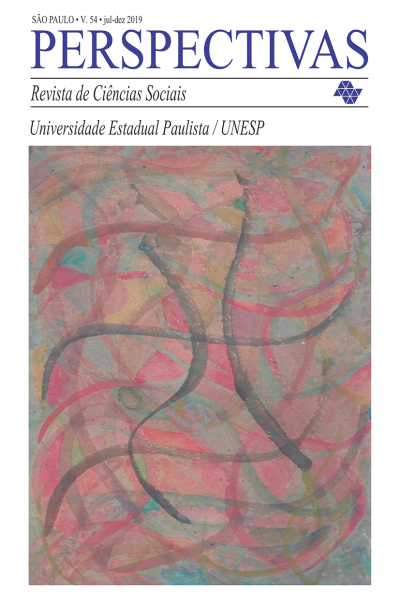Social darwinism and alterity in United States: from the Civil War to the imperial rise
Keywords:
United States, Social darwinism, Alterity, American foreign policy, Discourse analysisAbstract
This paper seeks to understand how certain foreign policy makers in the United States – here considered presidents and their secretaries of state – took on certain narratives as part of an ideology that distinguished between what could be considered a citizen and the “other”, considered often as inferior, barbaric or constantly dependent on aid. During this period there was also a prejudiced interpretation based on the ideas called “Social Darwinism”: the assumption that, just as among species, human beings could also be divided between races. This division clearly privileged the notion that colonized peoples and the former European colonies would not be intellectually advanced to constitute “advanced” societies, political institutions and order. We therefore want to analyze how historical and social aspects influence political factors through narratives that are perpetuated over time. This is the case of the Monroe Doctrine and the Manifest Destiny, which, even though they did not appear in the period established, occupy a fundamental role for the analysis. We assume the role of language not only as a bridge of meanings, but as an essentially political phenomenon, in which differences and prejudices are established.

